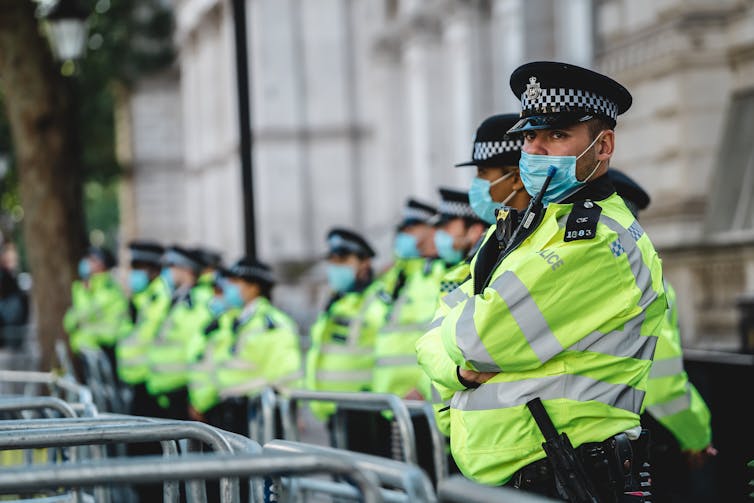by Clare Torrible, University of Bristol Law School
The Supreme Court’s is currently considering one of the most important cases for police accountability this Century. Stemming from the fatal police shooting of Jermaine Baker in 2015, R (on the application of Officer W80) v Director General of the Independent Office for Police Conduct and others (W80) concerns the correct test for determination of whether officers’ use of force against citizens may amount to misconduct. The point in issue is whether (as the IOPC is arguing) misconduct may be found where the use of force was not “necessary, proportionate and reasonable in all the circumstances” (the objective test) or whether instead, (as various police stakeholders maintain) misconduct should be limited to occasions when the officer did not honestly believe that the force was necessary at the time it was used (the subjective test). (more…)


